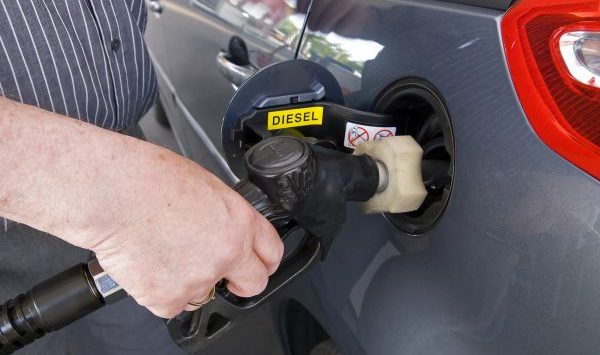When it comes to driving, everyone wants to know how to save money these days; especially with the substantial rise in fuel prices each year. One way to combat these intimidating gasoline prices is to implement strategies that will improve your gas mileage and fuel consumption. So how can you save on gas and reduce your fuel consumption, you ask? Well the answers are simpler than you think!
Continue reading to learn how to save money on driving and gasoline this year.
How to Really Reduce Fuel Consumption
One of the primary methods to saving money on rising fuel costs, is to reduce the need for so much fuel to begin with. Controlling your fuel consumption is the first step in saving money on driving. There are several ways to do this. For one, you can organize a carpool for work or school. Not only does this limit the amount of times you drive your vehicle, which saves you money, it is better for the environment and very green of you to do.
Another method is to eliminate excess weight within your vehicle. Excess weight causes a car engine to work harder, thus burning more fuel. By reducing the weight, you are reducing the amount of fuel your engine uses to operate your car. Do this by emptying the truck and backseat of unnecessary items, and limit the number of times you drive with a full car of people.
Another great way to reduce fuel consumption is to not drive at all! Ask yourself if something is within walking distance and take a stroll if it’s close enough. In nicer weather, this is easily doable. Walk to the park or corner store instead of driving. Walk to school or work if it’s nearby.
Another trick is to avoid driving during rush hour or busy times of the day. Idling and sitting in bumper-to-bumper traffic can waste a lot of gasoline. Choose early morning, late afternoon, and evening commutes to avoid this situation.
Routine Car Maintenance is the Key
All of these are effective and easy ways to cut back on fuel usage; but the most important step to ensuring you are getting the moist for your fuel, is regular scheduled car maintenance. Factory maintenance like oil changes, filter replacement, fluid re-fills, tune-ups, and tire rotations are vital to getting optimal gas mileage. Be sure to use a licensed and reputable Indianapolis automotive repair shop for optimal results and professional advice.


